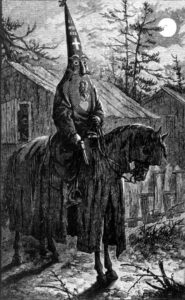
The Perils of Pardoning: Ulysses S. Grant and the Legacy of the Ku Klux Klan Pardons
Toward the end of his first term President Ulysses S. Grant faced a dilemma. He had campaigned on the slogan “Let Us Have Peace,” yet extralegal violence by the Ku Klux Klan was threatening peace in the South. On April 20, 1871, Congress passed the Ku-Klux Act to combat that ...
Read More
Read More
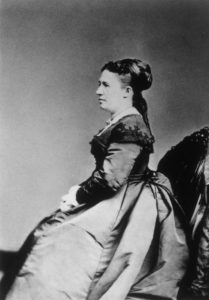
Julia Dent Grant’s Personal Memoirs as a Plantation Narrative
Julia Dent Grant holds the unique distinction of being the first in a line of distinguished First Ladies to have written a memoir. Following the death of her husband Ulysses S. Grant in 1885, Julia Grant began contemplating the idea of telling her own life story and sharing insights into ...
Read More
Read More
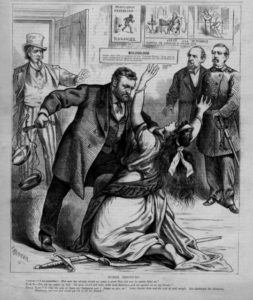
Grant’s Mixed Legacy
Books can have an impact. Readers without patience to wade through all 1,074 pages of Ron Chernow’s frequently cited biography are told in the introduction that Ulysses S. Grant was “the single most important figure behind Reconstruction” and that the “imperishable story of Grant’s presidency was his campaign to crush ...
Read More
Read More
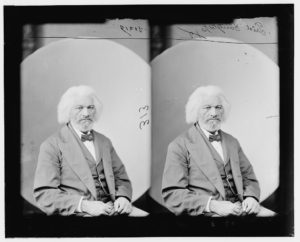
“It is no part of our duty to confound right with wrong”: Frederick Douglass and Ulysses S. Grant on Reconciliation and Its Pitfalls
Speaking in New York City in 1878, Frederick Douglass had a warning for white northerners about how they remembered the Civil War. "Good, wise, and generous men at the North," Douglass observed, "would have us forget and forgive, strew flowers alike and lovingly, on rebel and on loyal graves." A ...
Read More
Read More
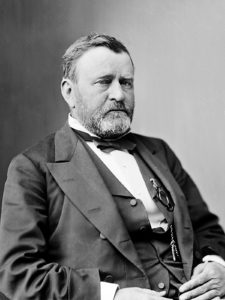
Public Monuments and Ulysses S. Grant’s Contested Legacy
On Memorial Day, three million people watched the first part of a three-episode documentary on the life of General and President Ulysses S. Grant. Three weeks later—on the much-publicized Juneteenth holiday, no less—a statue of Grant in San Francisco was vandalized and toppled. What gives? The motivations for this act ...
Read More
Read More
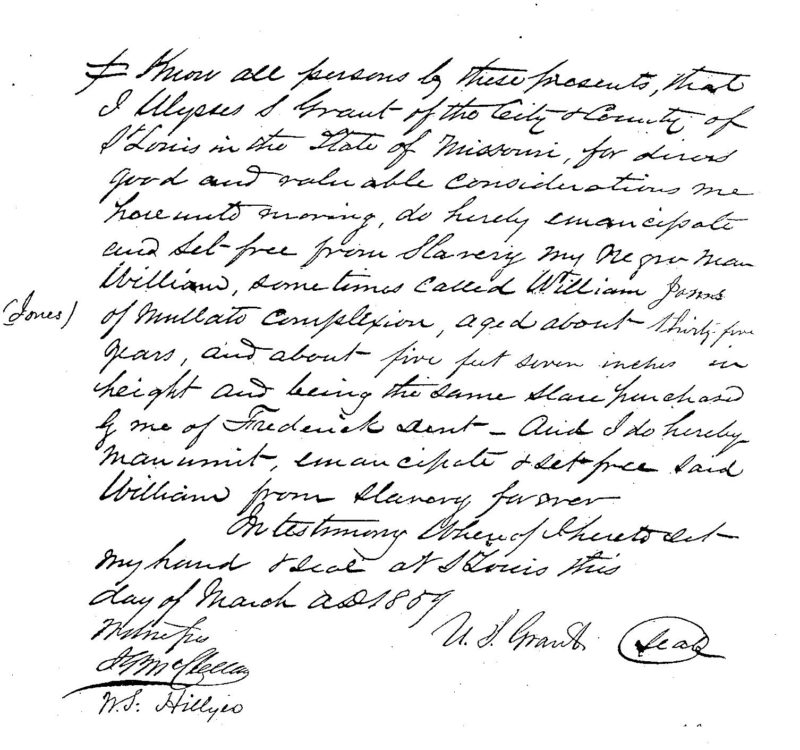
The Mystery of William Jones, An Enslaved Man Owned by Ulysses S. Grant
On March 29, 1859, Ulysses S. Grant went to the St. Louis Courthouse to attend to a pressing legal matter. That day Grant signed a manumission paper freeing William Jones, an enslaved African American man that he had previously acquired from his father-in-law, "Colonel" Frederick F. Dent. Described as being ...
Read More
Read More
